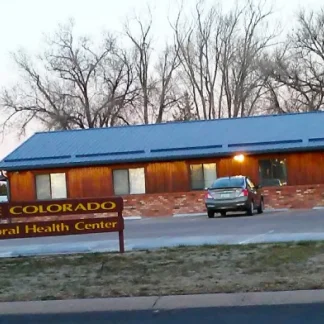Little Colorado Behavioral Health Center
Springerville, Arizona, 50 North Hopi street, 85938
Available Programs
- Adolescence program
- Adult program
- Elderly program
- Hearing impaired program
- Young adult program
Insurance and Financial
- Medicaid
- Private insurance
- Self-pay options
- Sliding scale payment assistance
- Medicare
- Military insurance
About this Facility
Little Colorado Behavioral Health Center, in Springerville, Arizona, is a mental health care facility and alcohol and drug rehab for adolescents and adults. They offer crisis intervention, general outpatient (OP) care, and aftercare planning and support. Specialized programs are available for young adults, seniors, persons with hearing impairment, and persons with co-occurring addiction and mental illness.
Outpatient treatment begins with a medical and mental health assessment and personalized care plan. Clients requiring higher-intensity inpatient care will be referred. Clients also engage in intensive individual, group, and family counseling and robust, recovery-focused life-skills training that addresses topics such as medication management and relapse prevention.
Their aftercare services enable a complete continuum of care aligned with clients’ evolving needs and may include step-down support and referrals for additional medical, mental health, and social services.
Little Colorado Behavioral Health Center is licensed by the state of Arizona.
Little Colorado Behavioral Health Center works with major insurance providers, including AHCCCS, Aetna, BlueCross BlueShield, Humana, and Cigna. Contact your provider to verify coverage because out of network benefits can vary. Financial assistance is available.
Contact us for more information: (928) 333-2683

Contact Little Colorado Behavioral Health Center
Connect with Little Colorado Behavioral Health Center by calling their admissions team directly.
(928) 333-2683 Website Get Directions